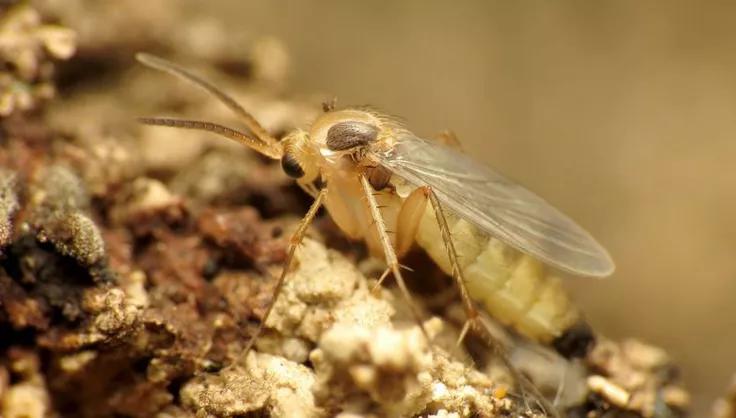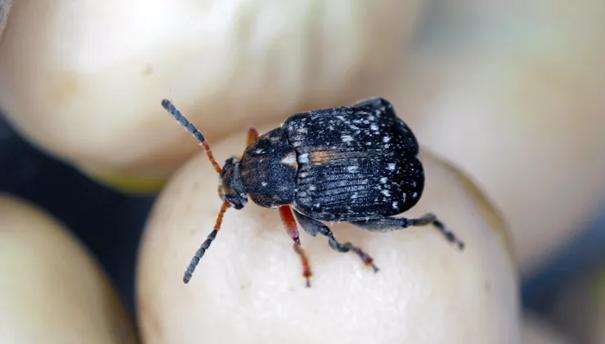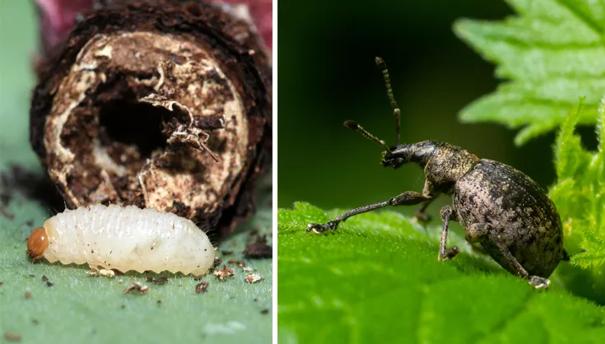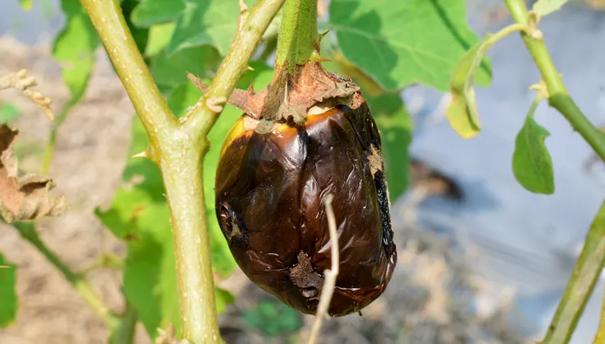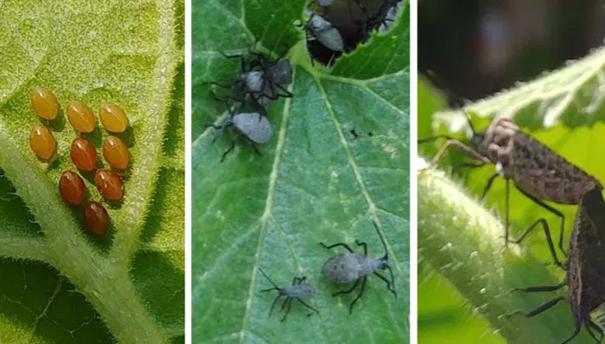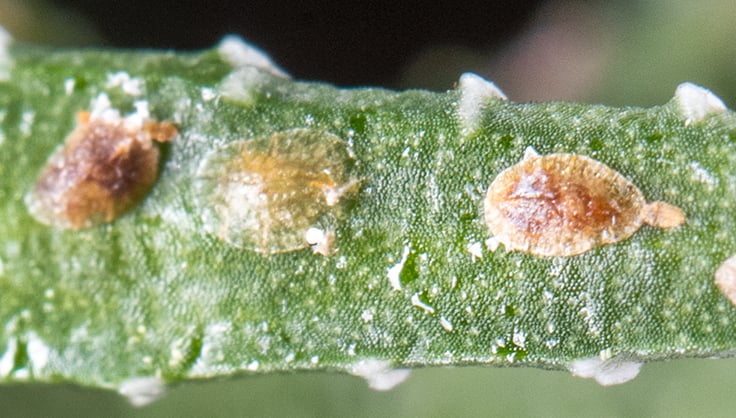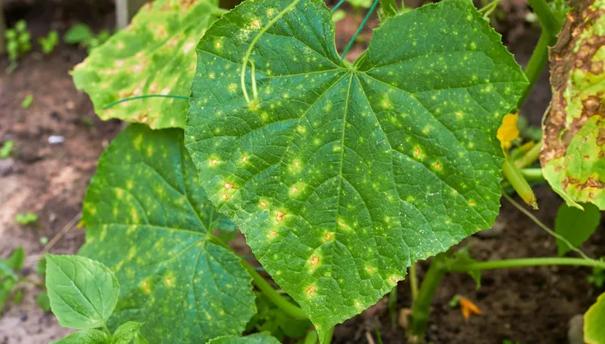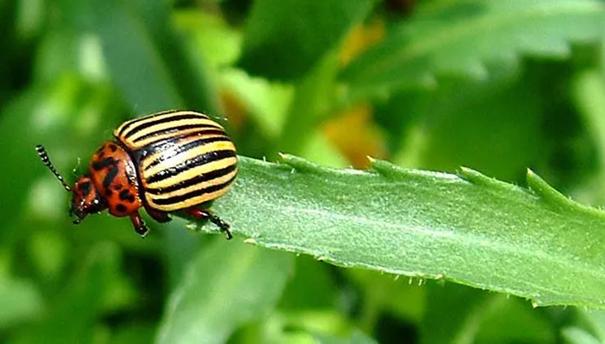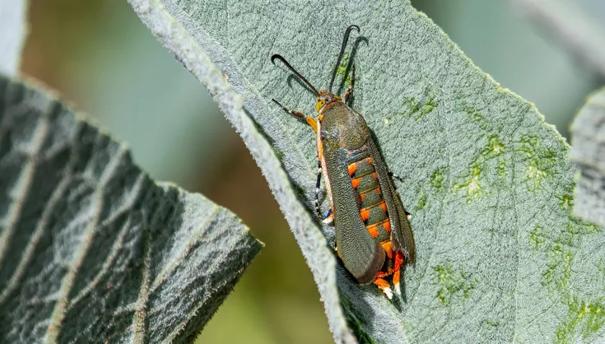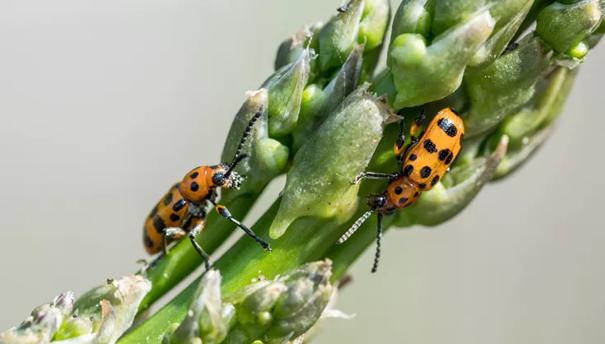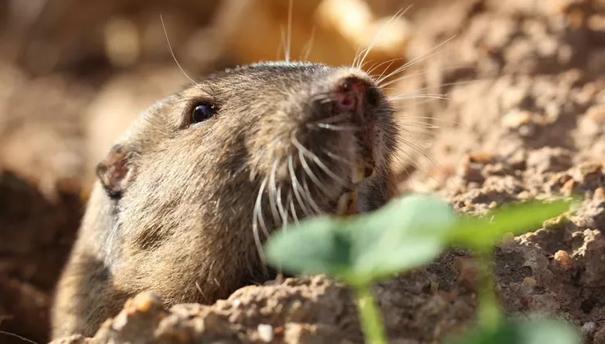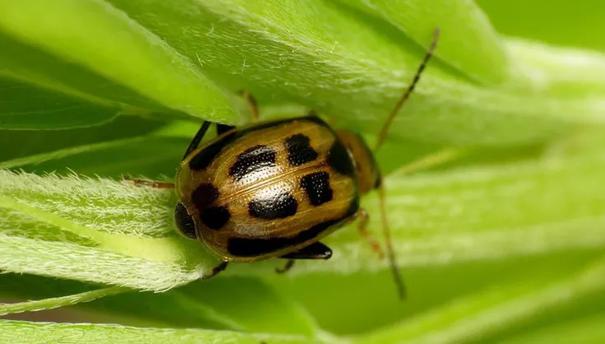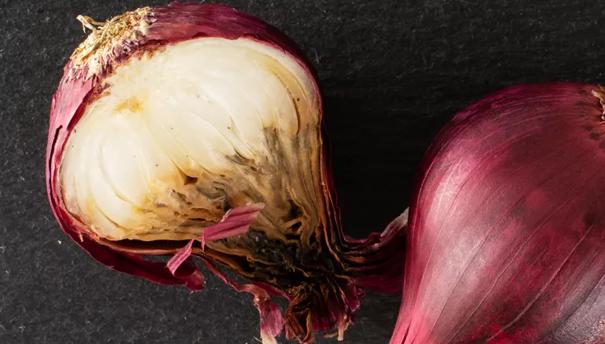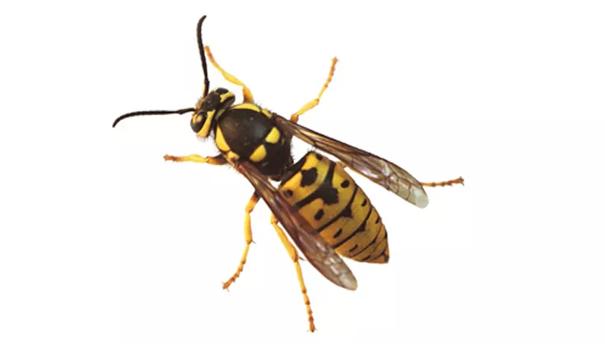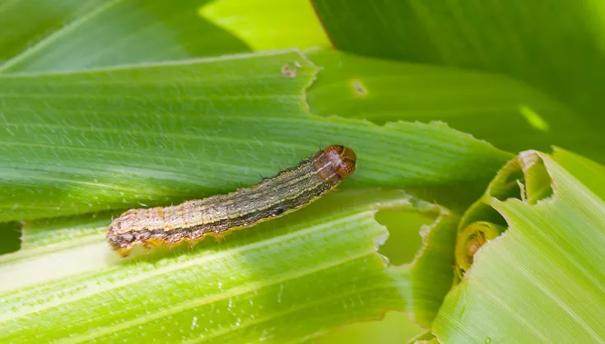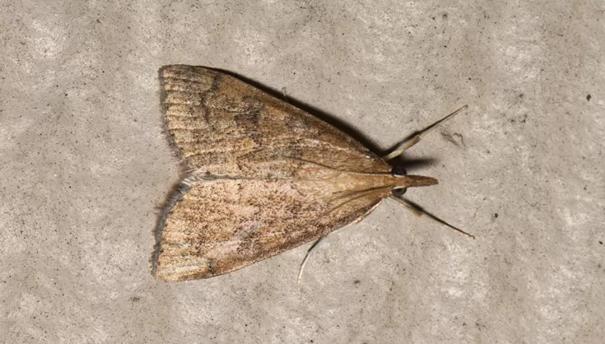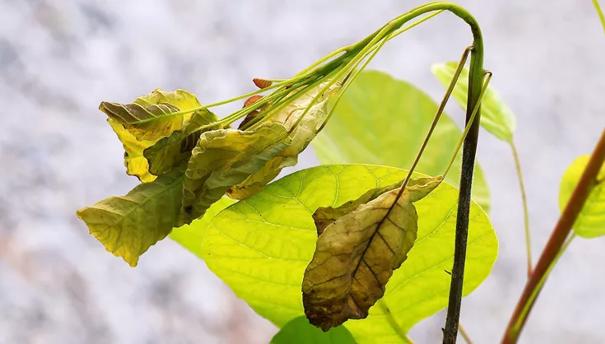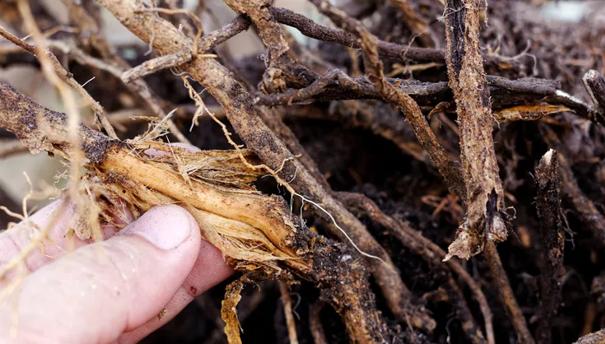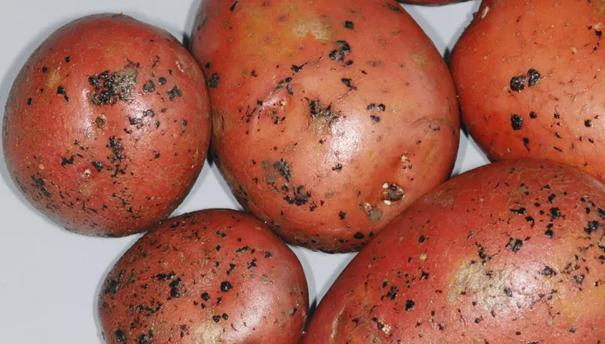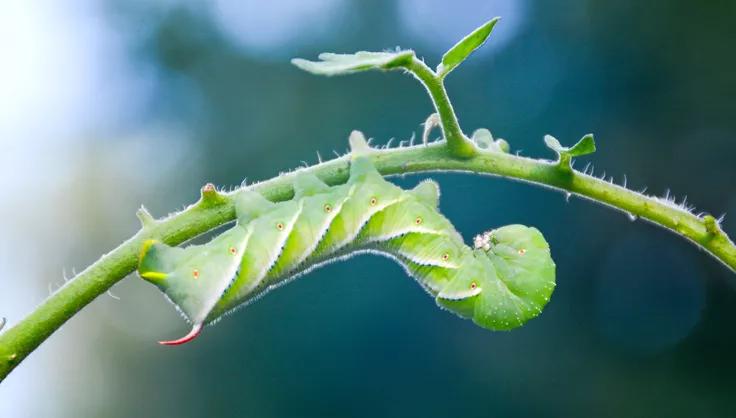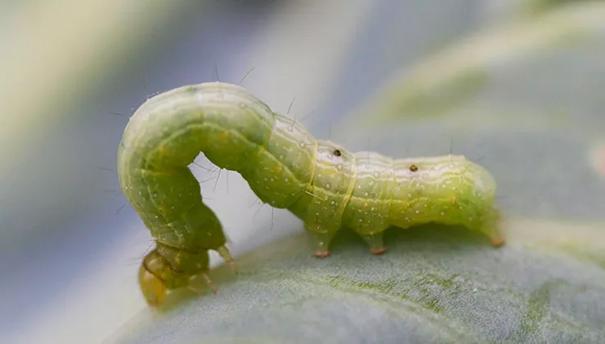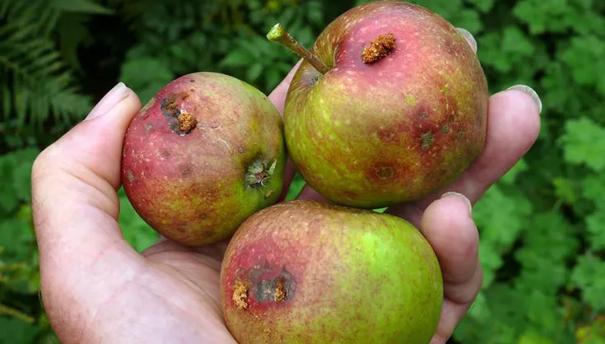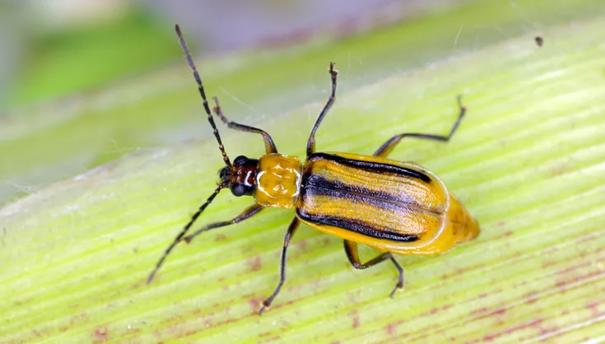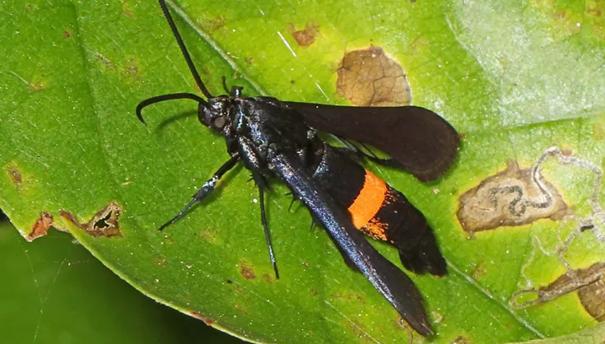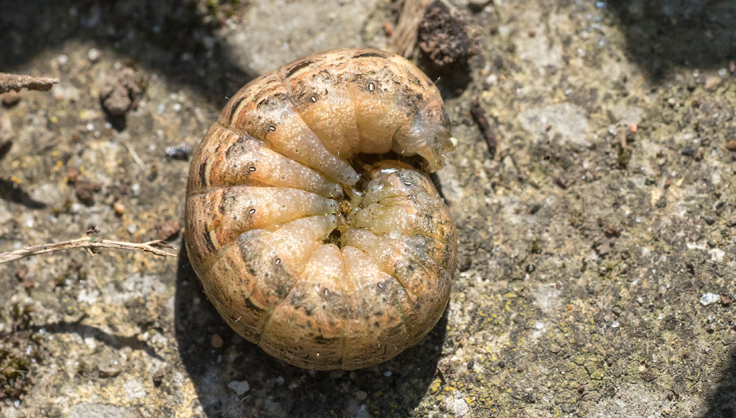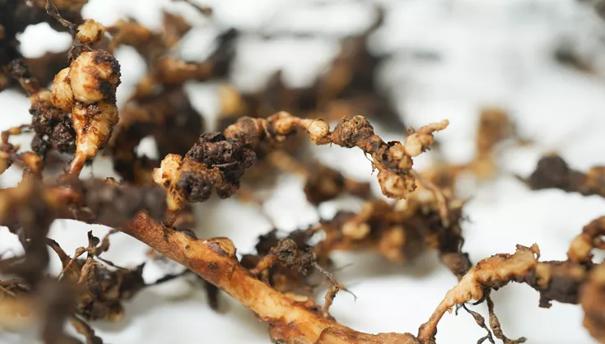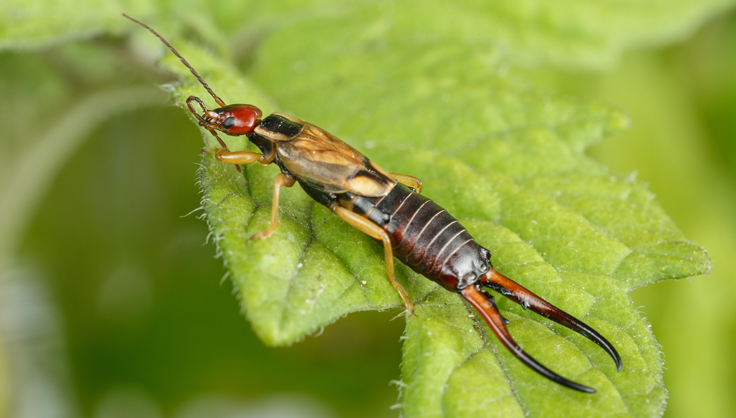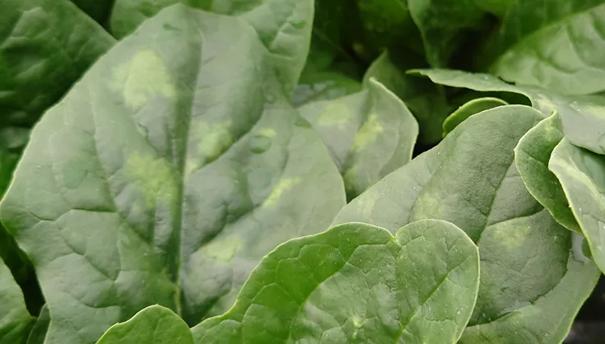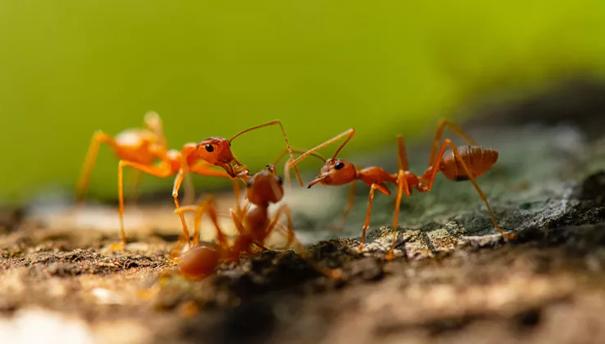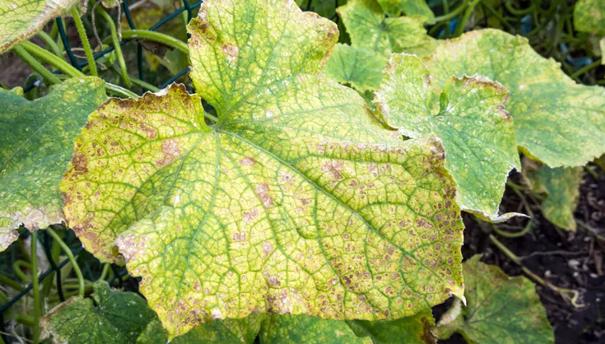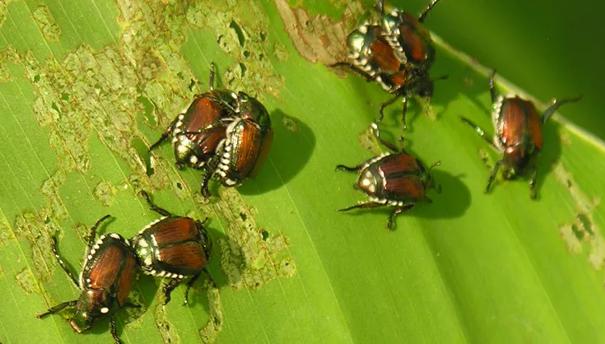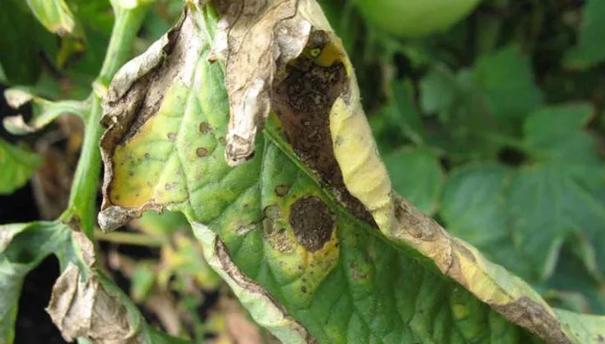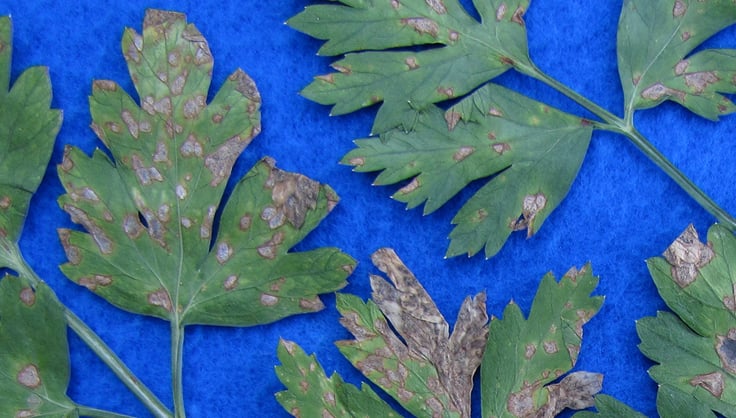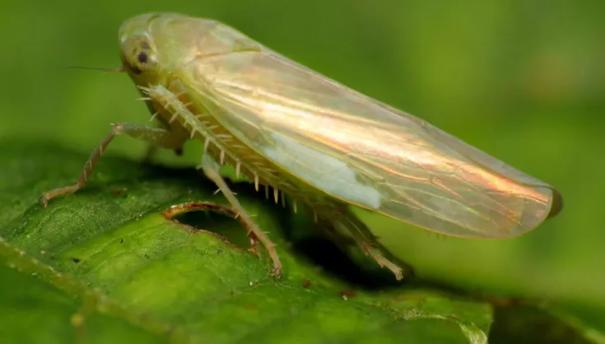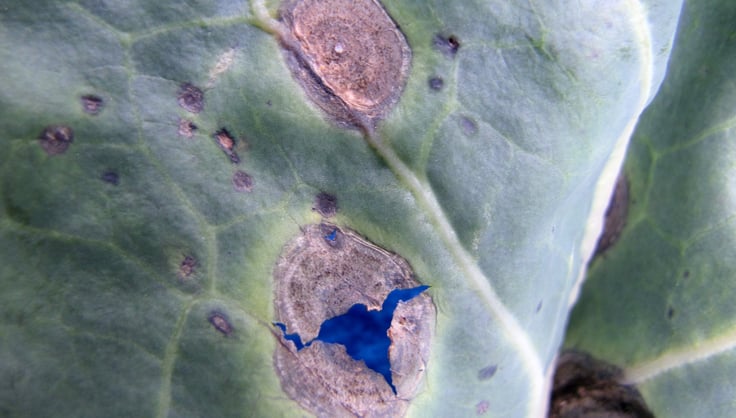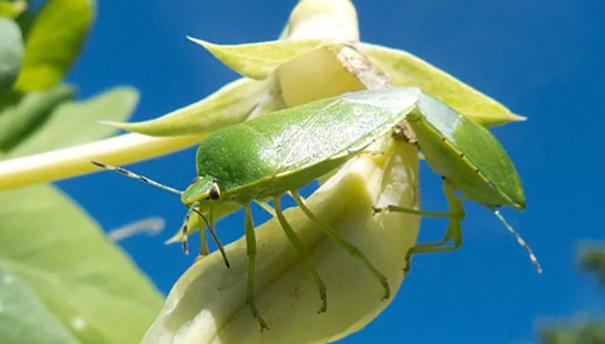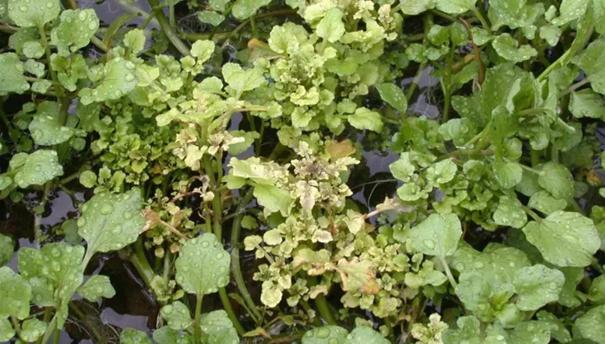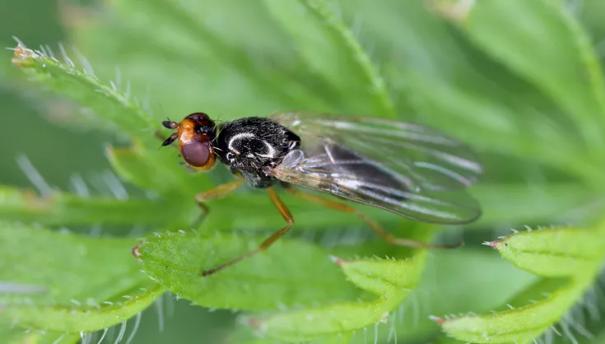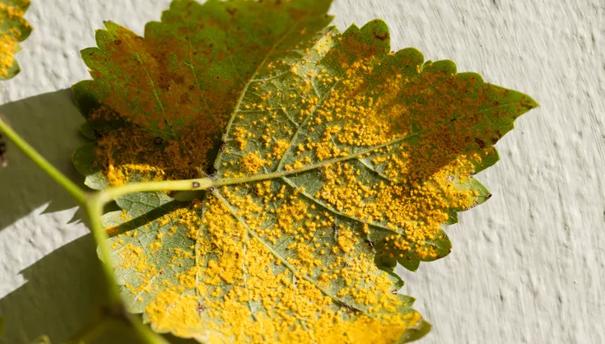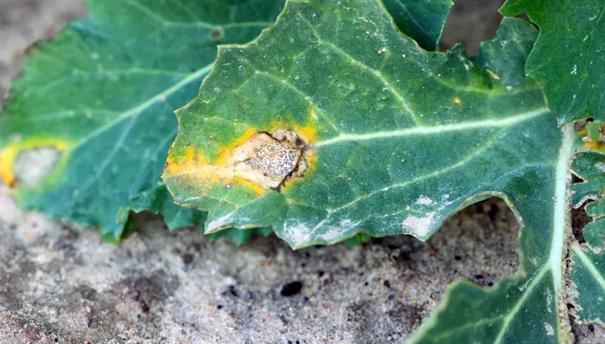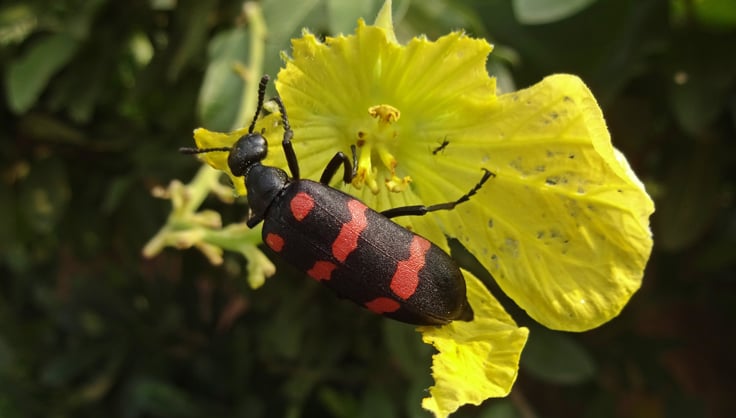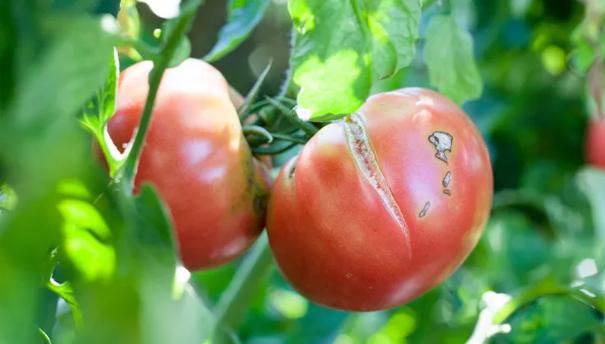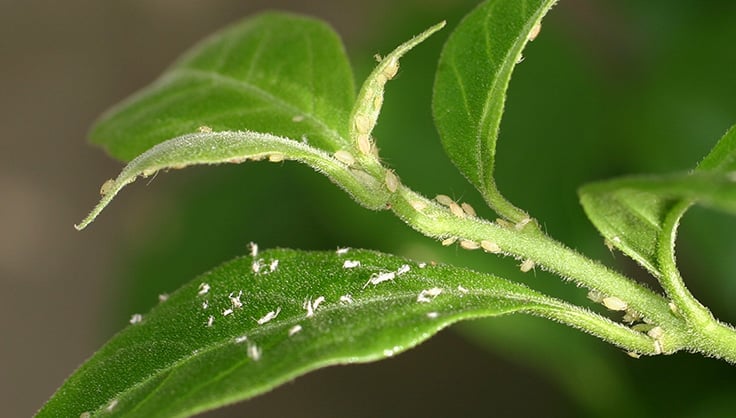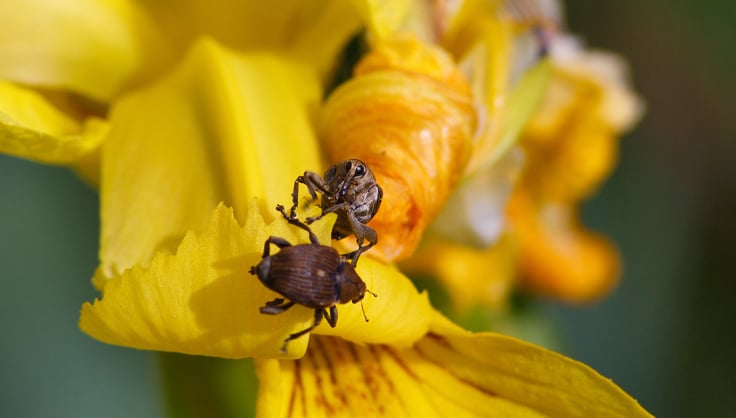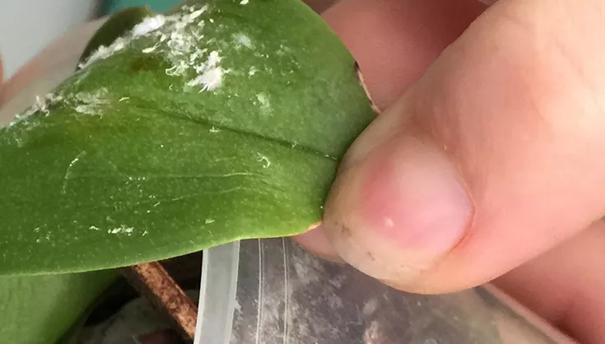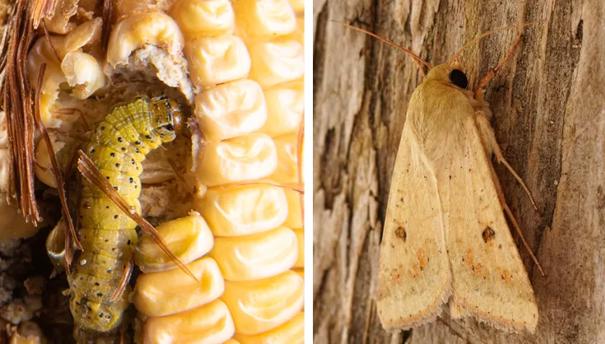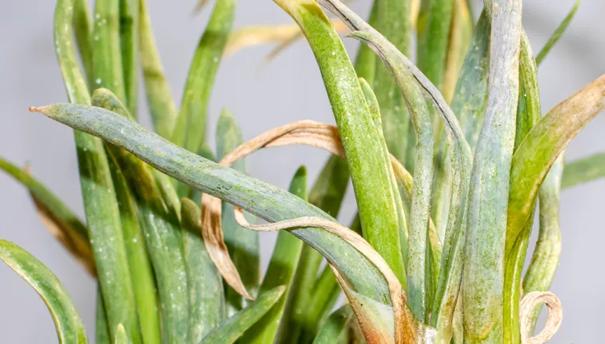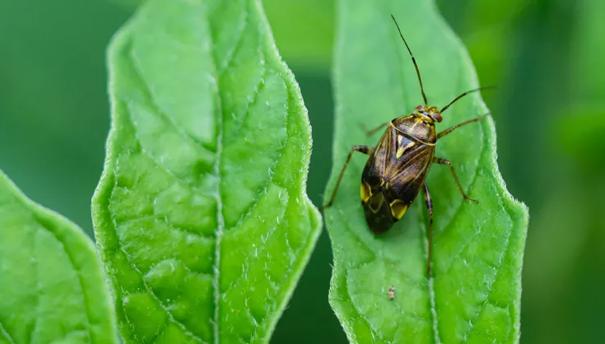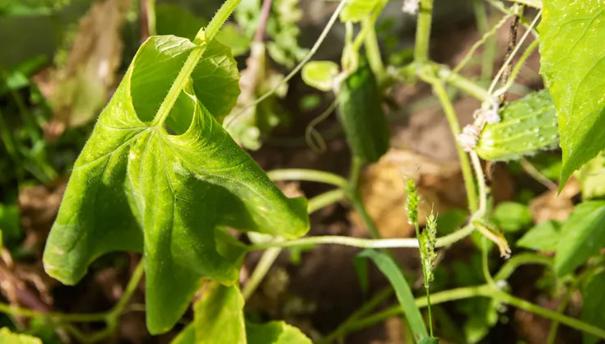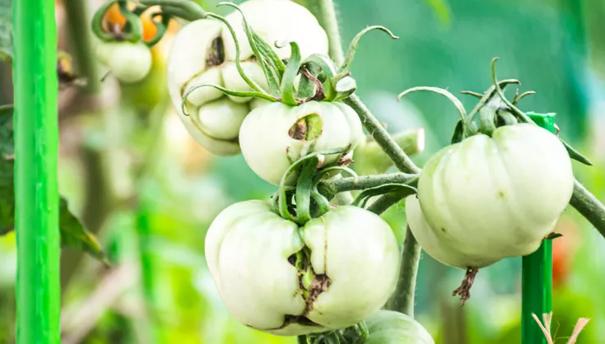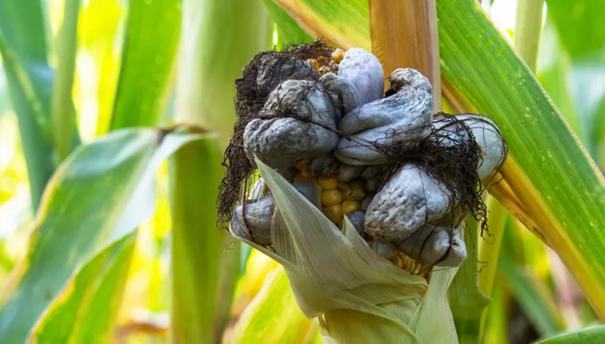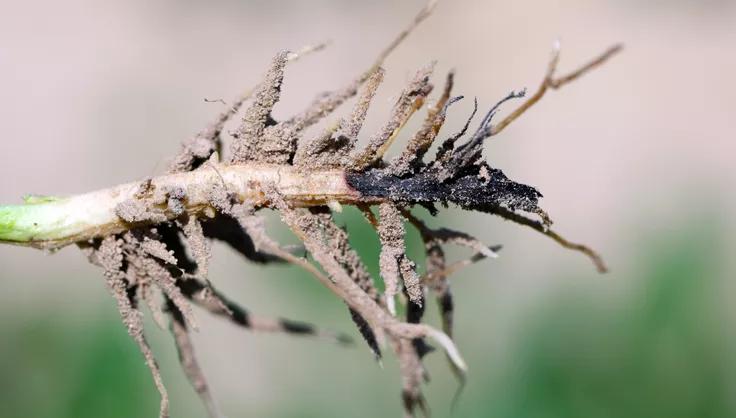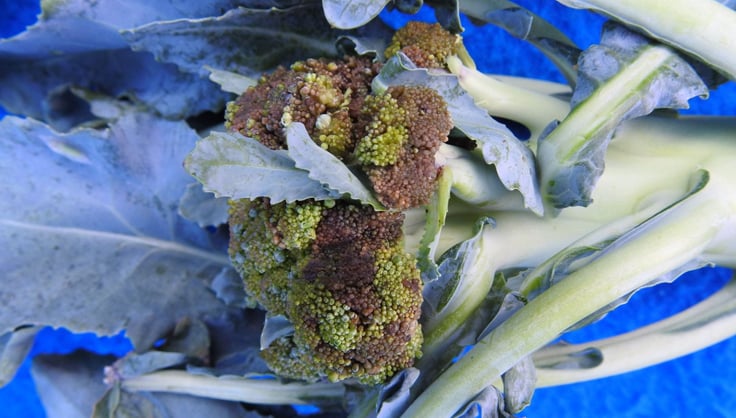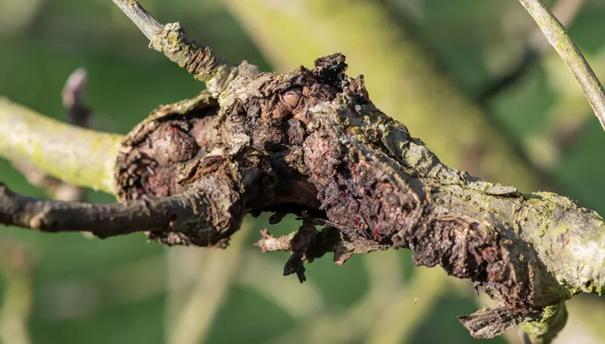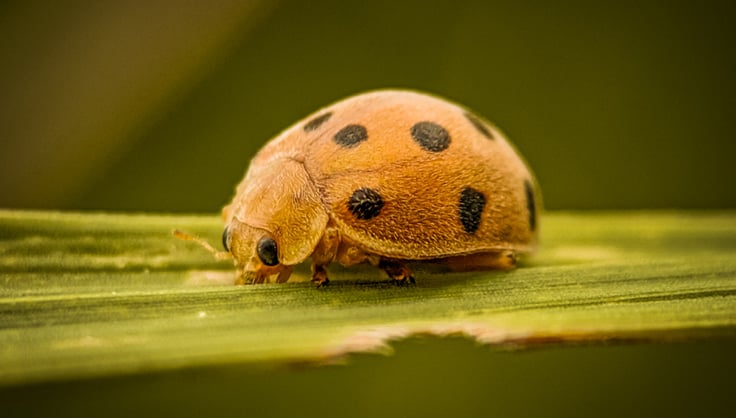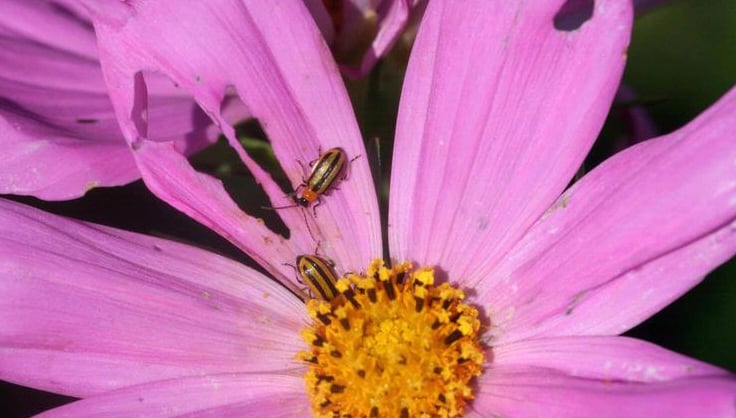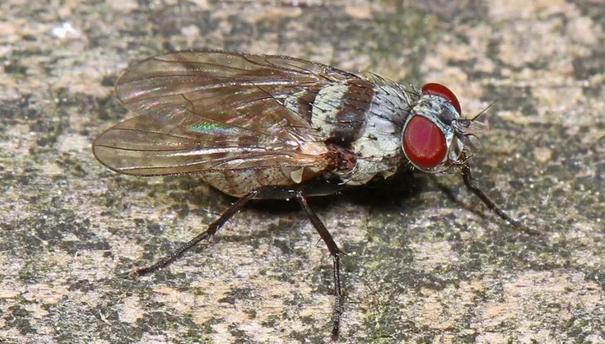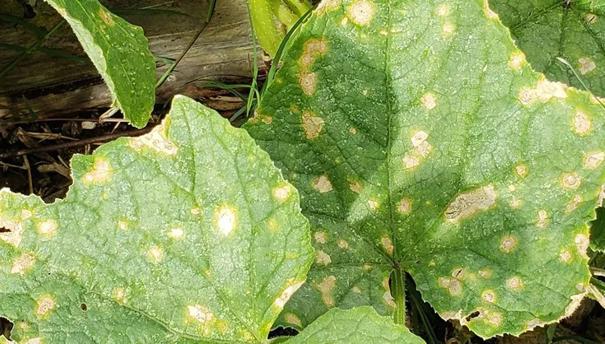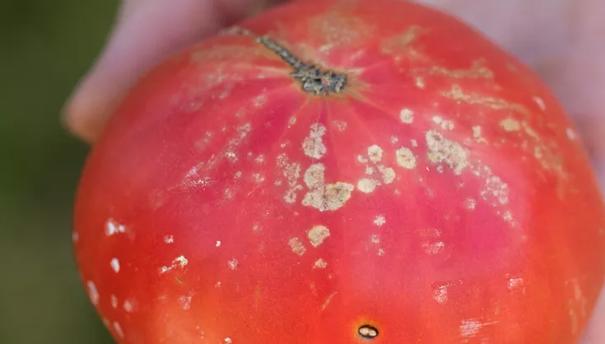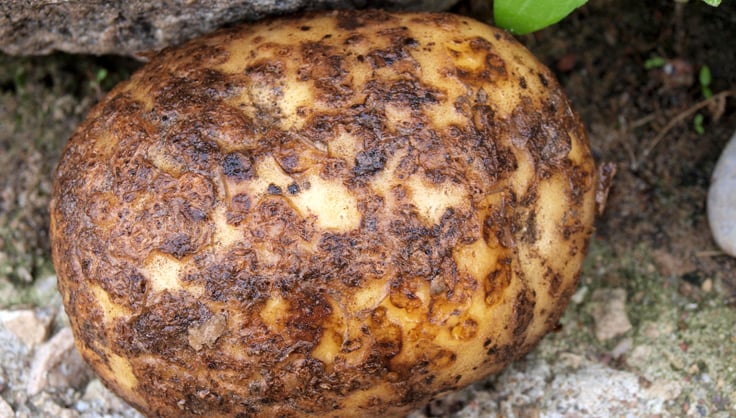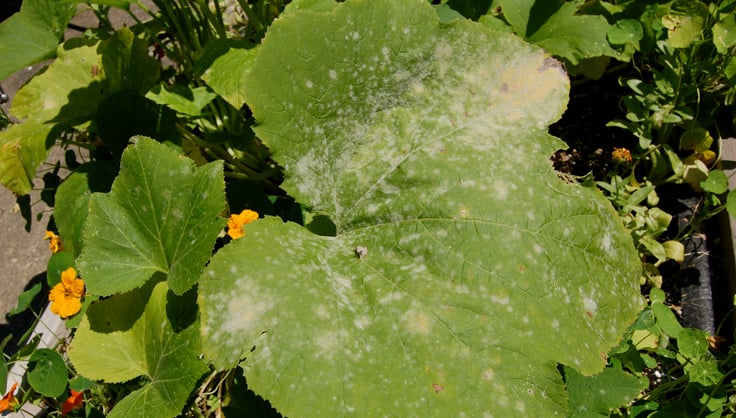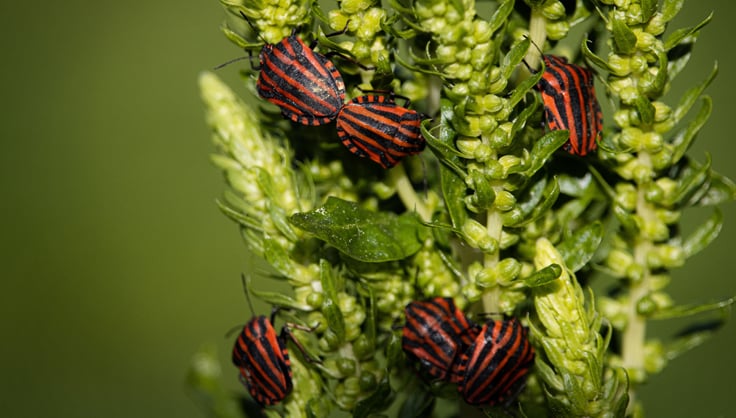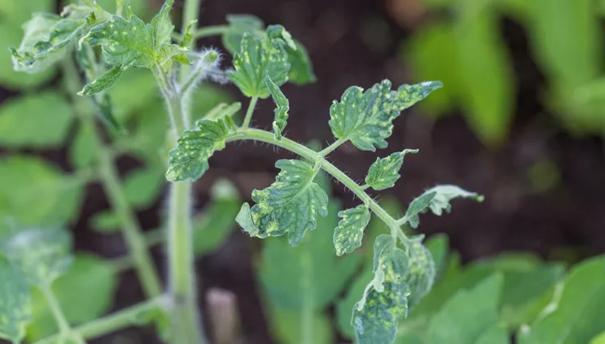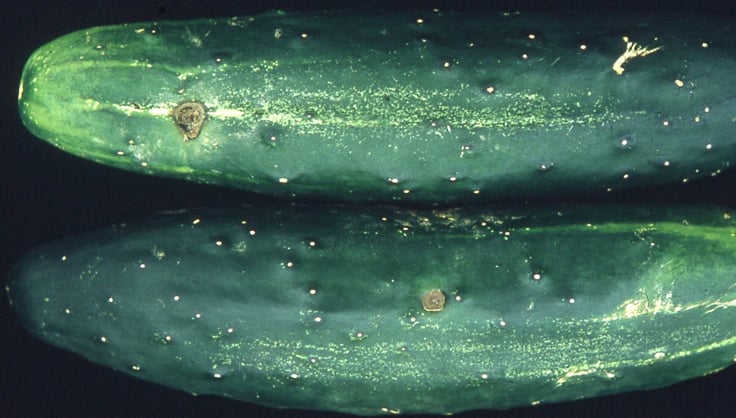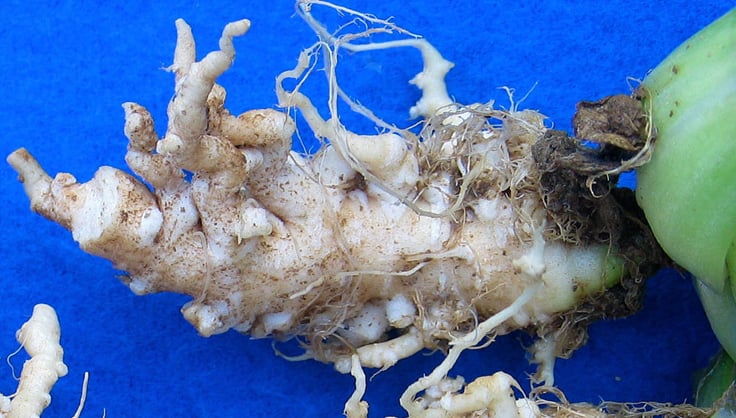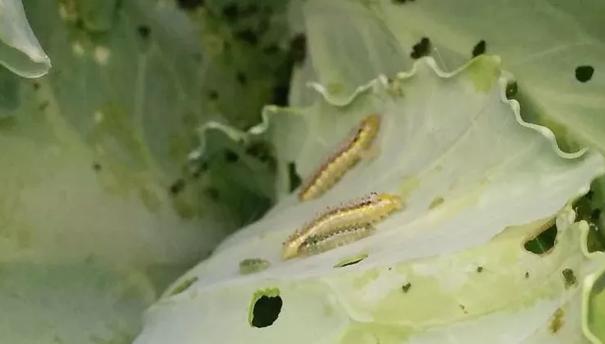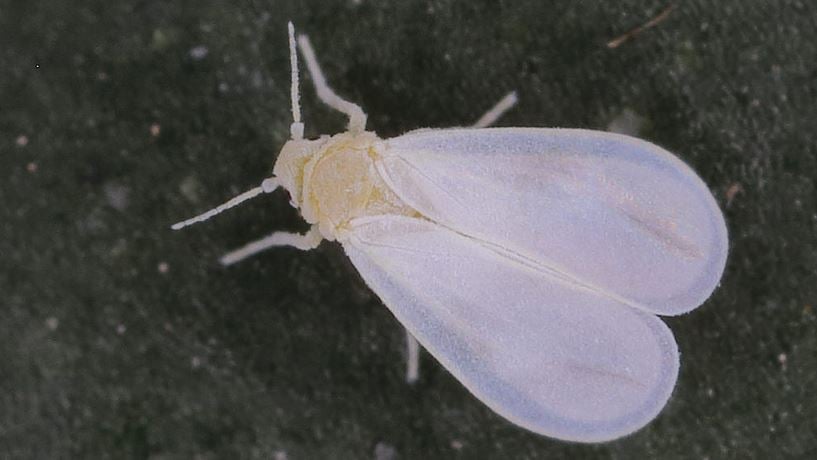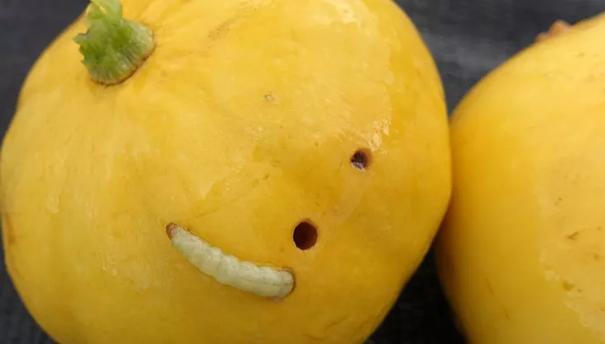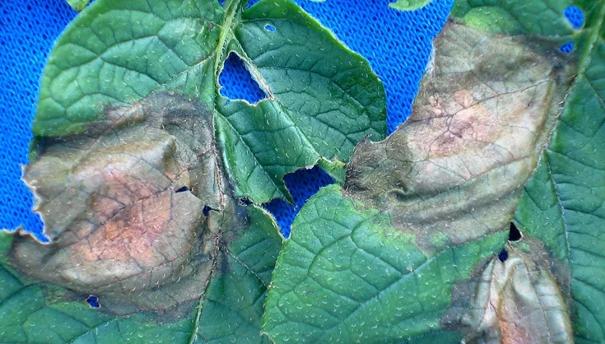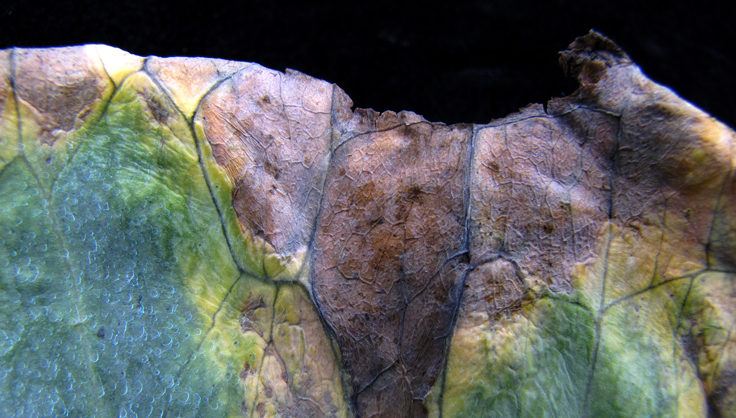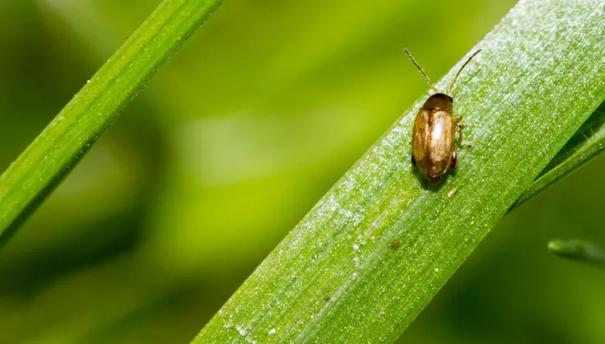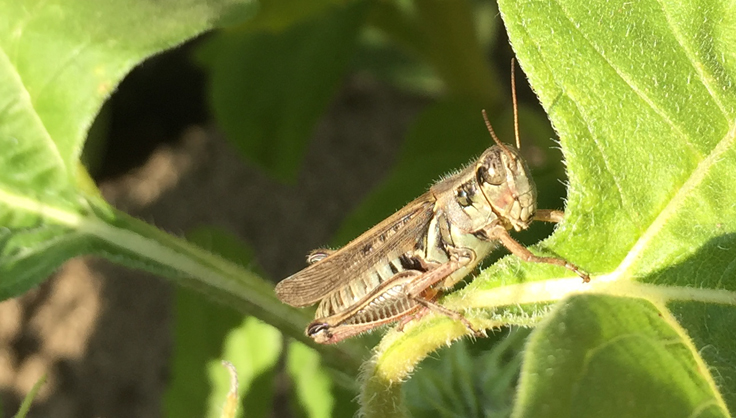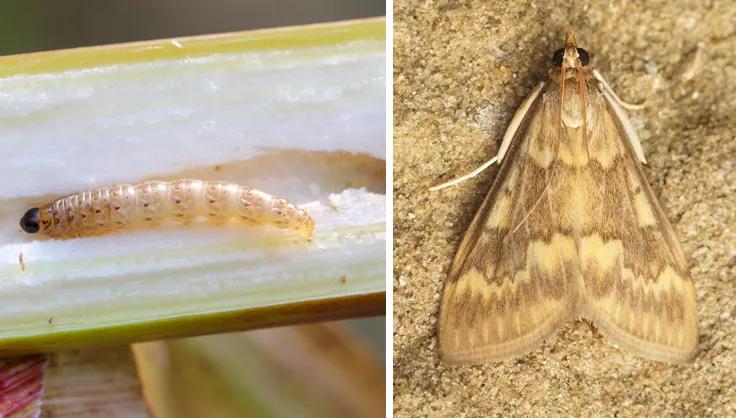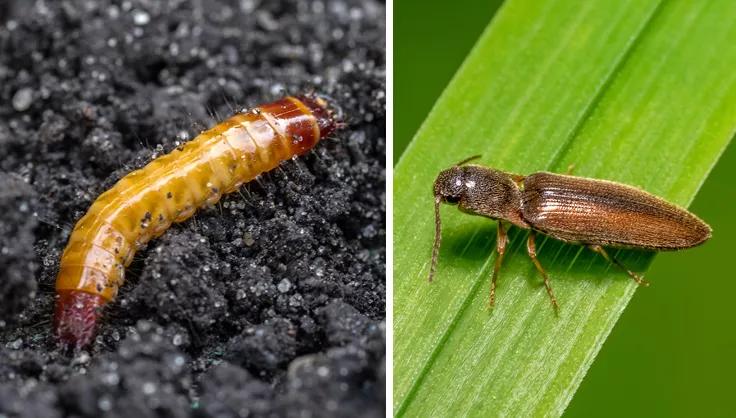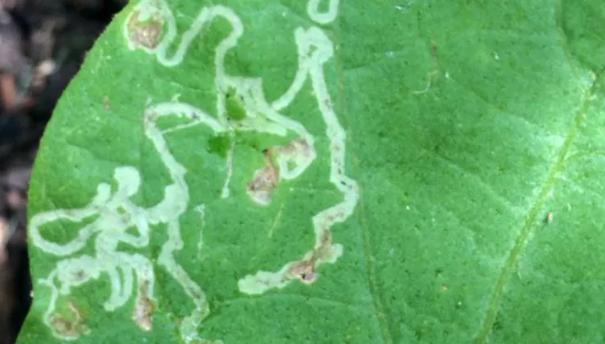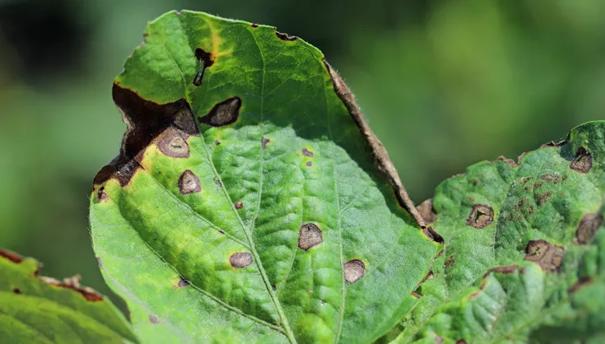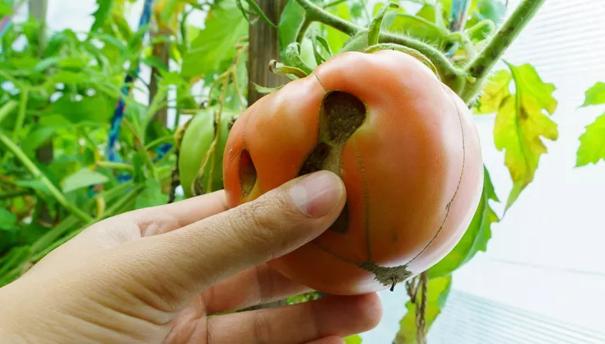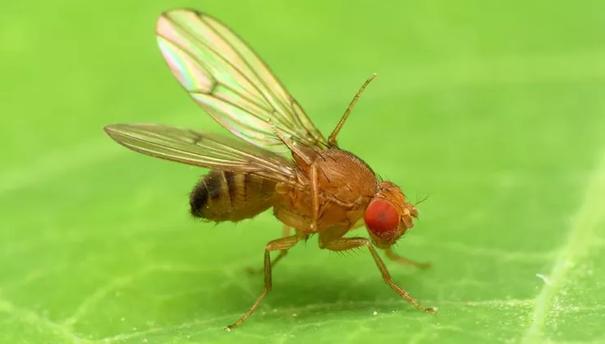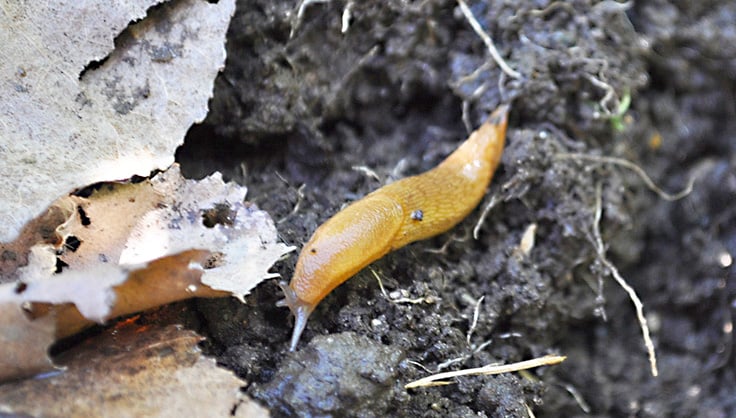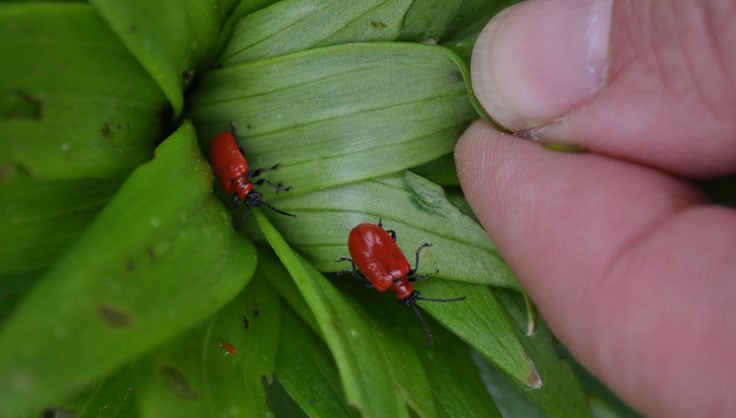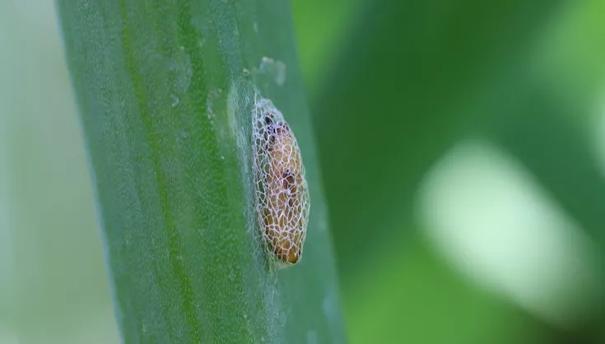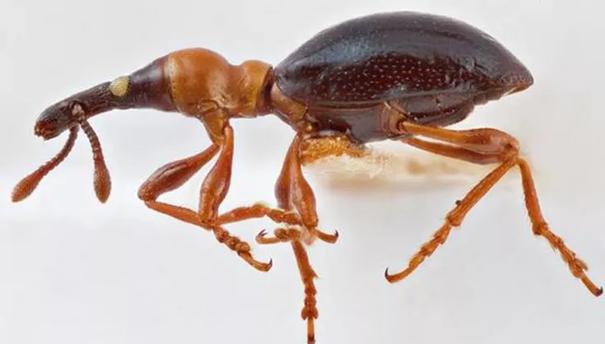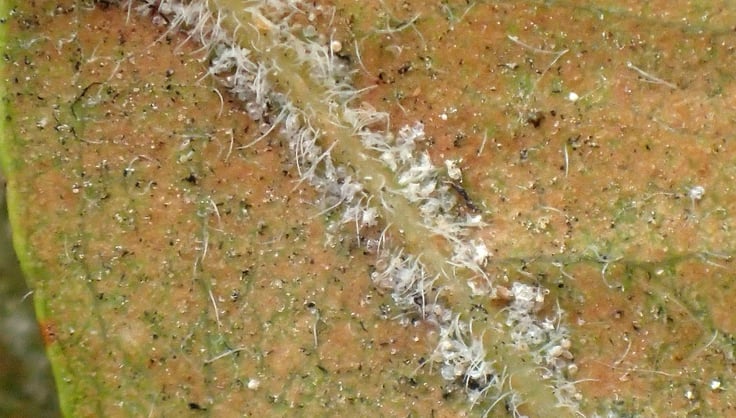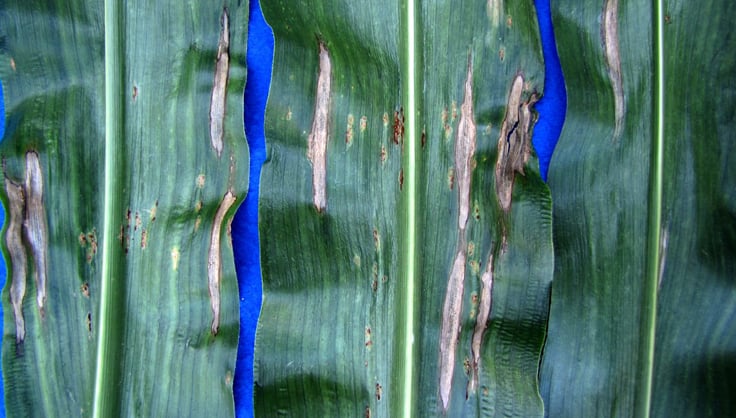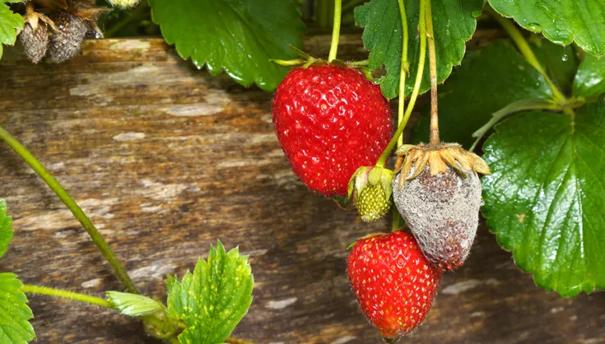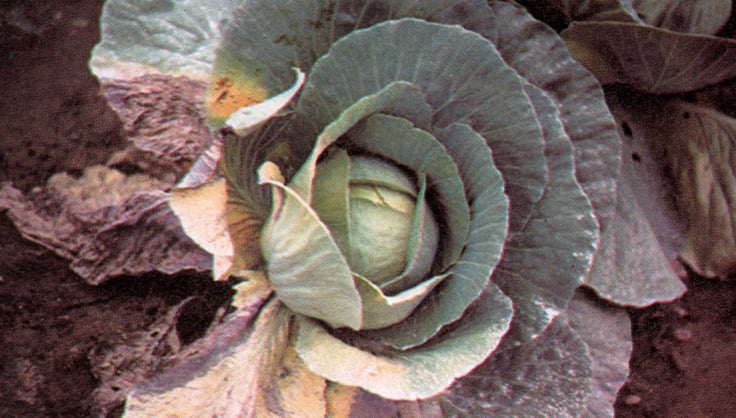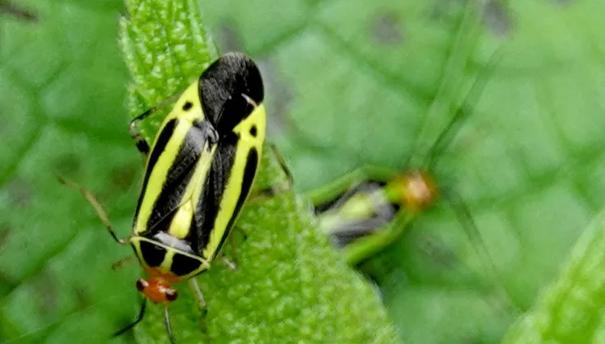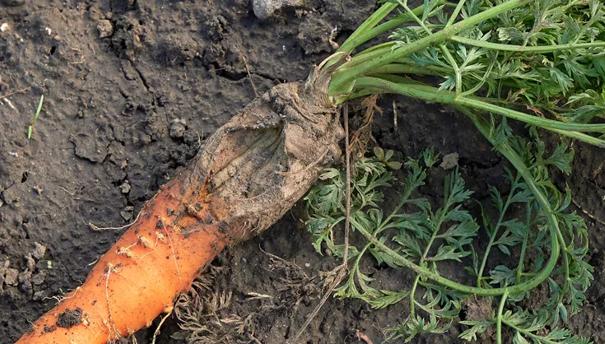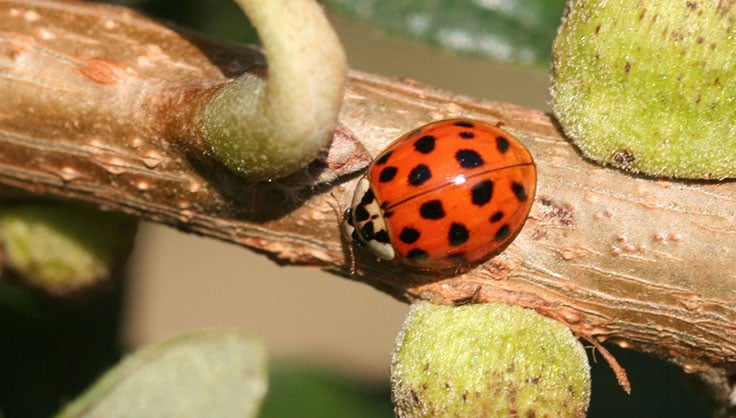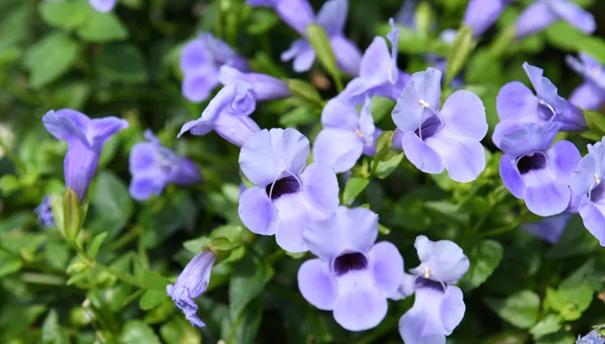Pest & Disease Encyclopedia
-
Fungus gnats look like fruit flies, hovering over the soil in houseplants or seedlings. It's easy to get them under control.
-
Techniques for prevention and control.
-
Techniques for prevention and control.
-
Techniques for prevention and control.
-
Techniques for prevention and control.
-
Scale is a soft-bodied insect that hides beneath a shell-like covering and feeds on plant fluids.
-
Techniques for prevention and control.
-
Techiques for prevention and control of Colorado potato beetles in your garden.
-
Techniques for prevention and control. Includes a video on how to remove squash-vine borers.
-
These quarter-inch beetles and their larvae feed on young asparagus spears; damaged spears often develop blemishes and a shepherd's crook appearance.
-
Gophers feed on above- and below-ground portions of many plants. Roots crops, such as potatoes and carrots, and bulbs, such as tulips, are favorite targets.
-
Techniques for prevention and control of bean leaf beetles, which primarily munch on soybeans and dried bean crops.
-
Techniques for prevention and control.
-
Often confused with bees, yellow jackets are much more aggressive, and most reported "bee stings" may in fact be yellow jacket stings. Here are some of the most commonly asked yellow jacket questions.
-
Techniques for prevention and control.
-
Techniques for prevention and control of this caterpillar that chews on leaves of celery, beets, and other crops.
-
Techniques for prevention and control.
-
Techniques for prevention and control of this common fungus that attacks seedlings.
-
Techniques for prevention and control.
-
Techniques for prevention and control of this fungal disease that attacks potato stems and tubers.
-
Techniques for prevention and control.
-
Techniques for prevention and control.
-
Techniques for controlling codling moths.
-
Techniques for prevention and control.
-
This pest is mostly a problem in California, but can occur wherever peaches grow.
-
Techniques for prevention and control of cutworms.
-
Nematodes feed on the roots of a wide variety of plants, including tomatoes, celery, beans, and spinach.
-
Techniques for prevention and control.
-
Techniques for prevention and control.
-
Techniques for prevention and control.
-
Techniques for prevention and control of angular leaf spot, a bacterial disease in cucumbers, squash and melons.
-
Techniques for prevention and control.
-
Techniques for prevention and control.
-
Techniques for prevention and control of septoria leaf spot, a fungal disease that can affect a wide variety of plants.
-
Techniques for prevention and control of leafhoppers.
-
Techniques for prevention and control.
-
Techniques for prevention and control of stunkbugs which suck plant juices from leaves, flowers and fruits in the garden.
-
Techniques for prevention and control.
-
Techniques for prevention and control.
-
This fungus is most prevalent in wet, humid growing conditions.
-
Techniques for prevention and control of the blackleg fungal disease on cabbage-family plants in your garden.
-
Techniques for prevention and control.
-
Techniques for prevention and control.
-
Major fluctuations in soil moisture can affect your tomato crop — learn how to prevent the damage.
-
These small, soft-bodied, pear-shaped insects cluster densely on tender new growth and the undersides of leaves to suck plant juices. Keep your plants healthy and bug-free with these tips to control aphid infestation.
-
Often called plum curculio, this beetle with the long, curved snout is a common pest of apples, peaches, cherries, apricots, pears, and plums, but only east of the Rocky Mountains and primarily in the north.
-
Mealybugs suck plant juices from fruit crops, potatoes, and many kinds of houseplants.
-
Techniques for prevention and control.
-
Techniques for controlling these tiny insect pests.
-
Techniques for prevention and control of tarnished plant bugs and their nymphs that feed on fruit.
-
Techniques for prevention and control.
-
Don't let this strangely named disorder take down your tomato crop this season.
-
This fungus disease occurs on corn over most of the United States.
-
Prevent this fungus, which can be common in bean plants.
-
Techniques for prevention and control.
-
Techniques for prevention and control.
-
Unlike most of the Coccinellidae which are carnivorous and feed upon aphids, scales and other small insects, this species attacks plants.
-
Techniques for prevention and control.
-
Techniques for prevention and control.
-
Techniques for prevention and control of the anthracnose fungal disease in beans, cucumbers and fruits.
-
Techniques for prevention and control.
-
Techniques for prevention and control.
-
Safeguard your garden with our tips for critter-proofing fall bulbs 🌷🦔 Keep pesky animals away, and enjoy a beautiful blooming season!
-
Techniques for prevention and control.
-
These small, shield-shaped bugs with bright red, orange, or yellow markings suck plant juices from leaves, stems flowers, and fruits, causing yellow or white blotches on leaves, distortion of plant parts, stunting, and dieback. They favor all plants in the cabbage family, including broccoli, cauliflower, kale, and Brussels sprouts.
-
Mosaic virus can affect more than 100 different fruit and vegetable crops — learn the symptoms.
-
Learn how to identify and prevent this fungus which can impact cukes, zucchini, and winter squash.
-
Wirestem gets its name from the damage it causes to plant stems at the soil line. The stem shrivels and becomes wire-like, leading to wilting and death.
-
Techniques for prevention and control.
-
Techniques for prevention and control.
-
Techniques for prevention and control for Whiteflies.
-
Techniques for prevention and control.
-
This fungus disease attacks tomatoes and potatoes at any stage of growth. Irregular gray spots form on leaves.
-
This bacterial disease is affects all cabbage family crops.
-
Techniques for prevention and control.
-
Techniques for managing grasshopper populations in the garden.
-
Techniques for prevention and control.
-
Wireworms are the larvae of click beetles; their feeding can destroy corn seeds before they germinate, deform the roots of beets and carrots, and damage potato tubers.
-
Techniques for prevention and control of leafminer larvae which can hurt leafy crops like spinach and lettuce.
-
Techniques for prevention and control.
-
Techniques for prevention and control of a fungal disease that can affect all cucurbits, especially winter squash and pumpkins.
-
Techniques for prevention and control.
-
Techniques for prevention and control of slugs.
-
How to keep lily leaf beetles from destroying your lilies.
-
Sadly, we found evidence of the leek moth (Acrolepiopsis assectella) in our garlic beds last week. Find out more.
-
How to prevent the sweet potato weevil.
-
Techniques for prevention and control.
-
Techniques for prevention and control.
-
Techniques for prevention and control.
-
Techniques for prevention and control.
-
Techniques for prevention and control.
-
Techniques for prevention and control.
-
Both Asian lady beetles and native species hunt garden pests. However, Asian lady beetles have become a troublesome pest in many parts of the country.
-
Worried about impatiens downy mildew disease? 🌺🦠 Learn how to prevent and treat it in your garden with our helpful tips!

